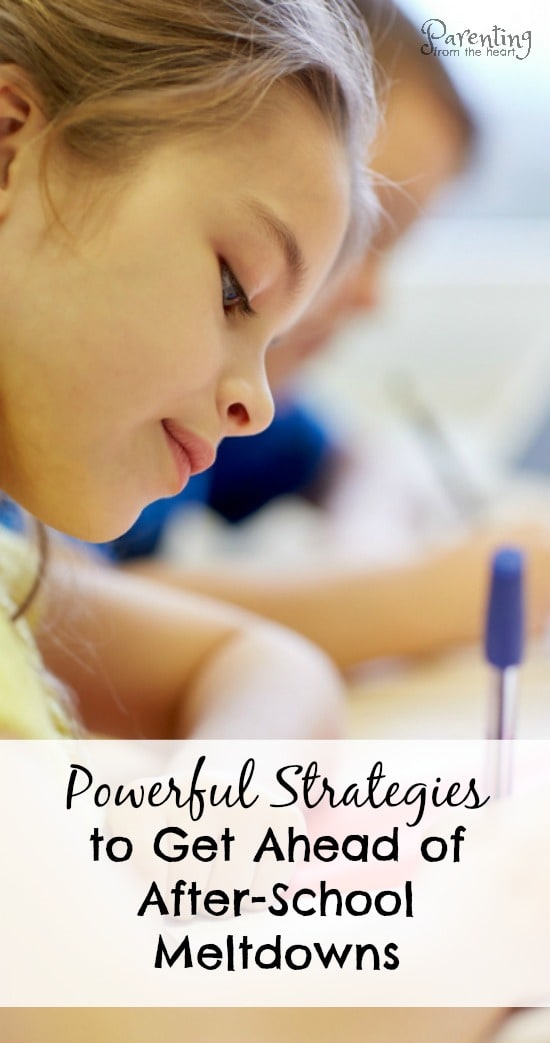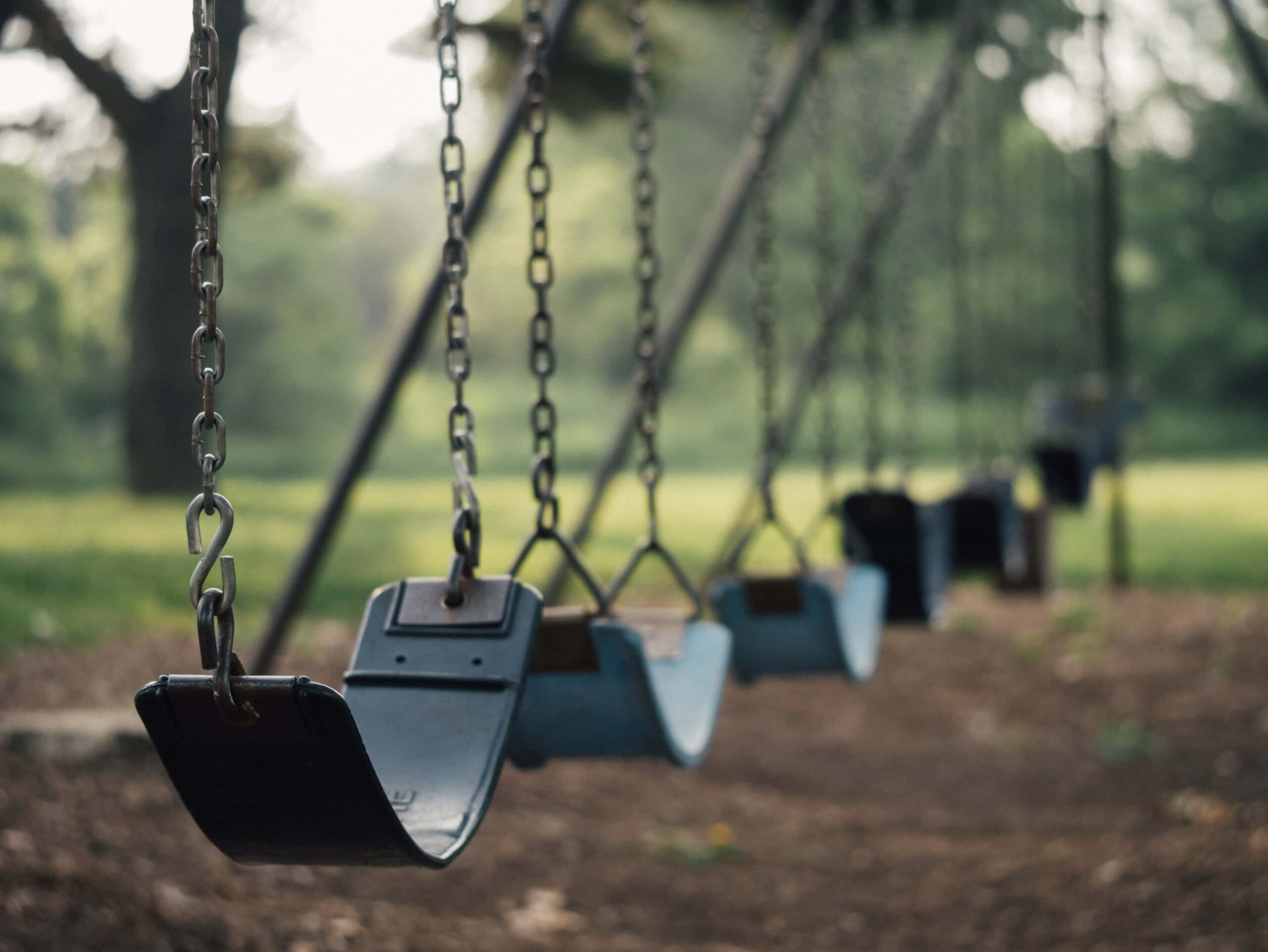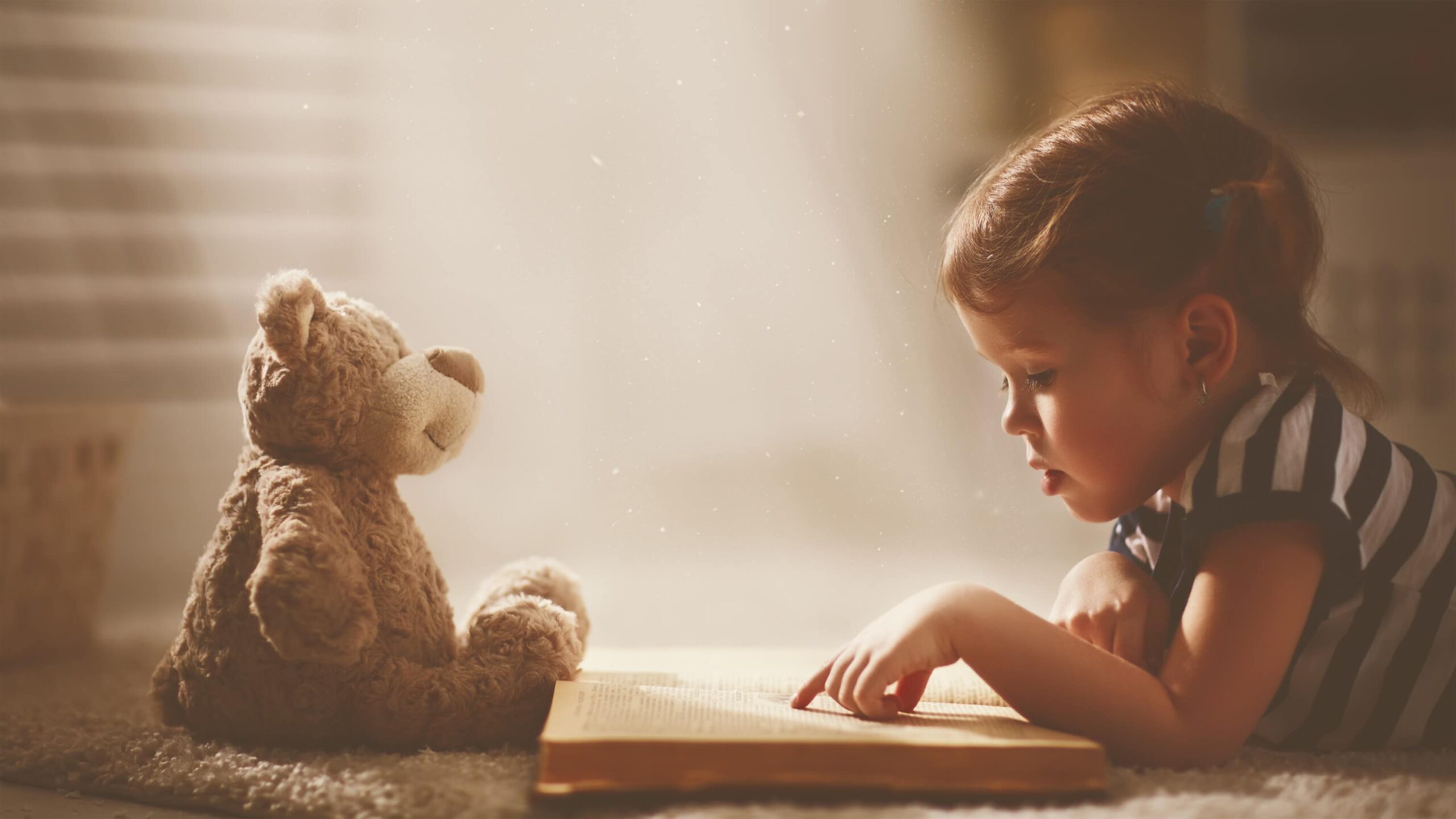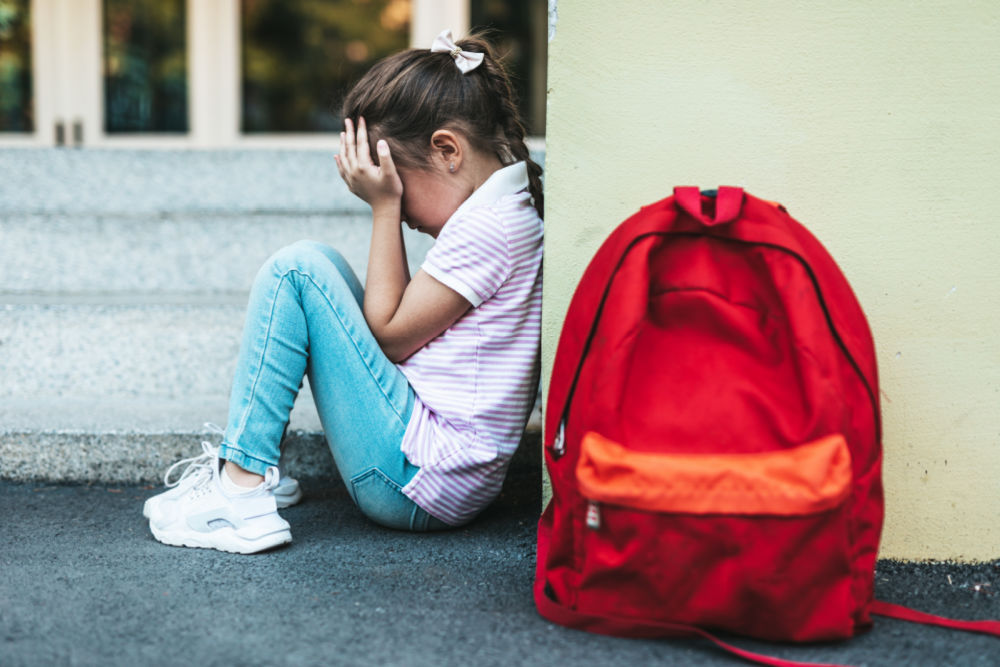If you have faced regular after-school meltdowns, don’t worry. Here are powerful, practical tips for kids to get ahead of crying and whining.
We had just arrived home after a challenging road trip home. My oldest son was sick and upset the whole way home. The baby wanted to nurse endlessly. On top of it, we had driven home in terrible traffic.
My happiness reserves depleted around the 200km mark into our 450km trip. I was in survival mode from then on. When pulled up to our driveway, I basically fell out the car door.
My daughter, on the other hand, bounded from her booster seat. She was spritely. Her eyes sparkled. As my husband and I unpacked the car, she raced to the mailbox and looked up at our box with elation.
She was antsy with anticipation because the mail contained a letter that told us whose class she would be in next year. As my husband ripped open the envelope, she shook with anticipation. She squealed as she found out who her teacher was. Honestly, I doubt there’s an answer she wouldn’t have been happy with. Now, she has a countdown of how many more sleeps until she’s back to school.
While her excitement about school has absolutely captured my heart, I’m bracing myself a bit too. You see, school has been both the best and worst of times for my precocious child. My daughter gives school her all. As such, she comes home fried.
I remember the first time I picked her up from preschool. I had been counting down the minutes until I could go get her. While I was thrilled to be reunited with her and hear all about her day, she was irritable and despondent. As preschool carried on, I began to brace myself for anger, tears, and difficult behaviour.
Three years into this kids-in-school endeavour, I have become much more proficient at getting ahead of after-school meltdowns. Below you’ll find the practical strategies I use to get ahead of after-school meltdowns. They’re practical, easy, and powerful too.
After School Meltdowns: How to get ahead of crying and whining
Get their blood sugar up fast.
Click here to continue reading.For more great tips related to your child’s education, check out these posts below













1 comment